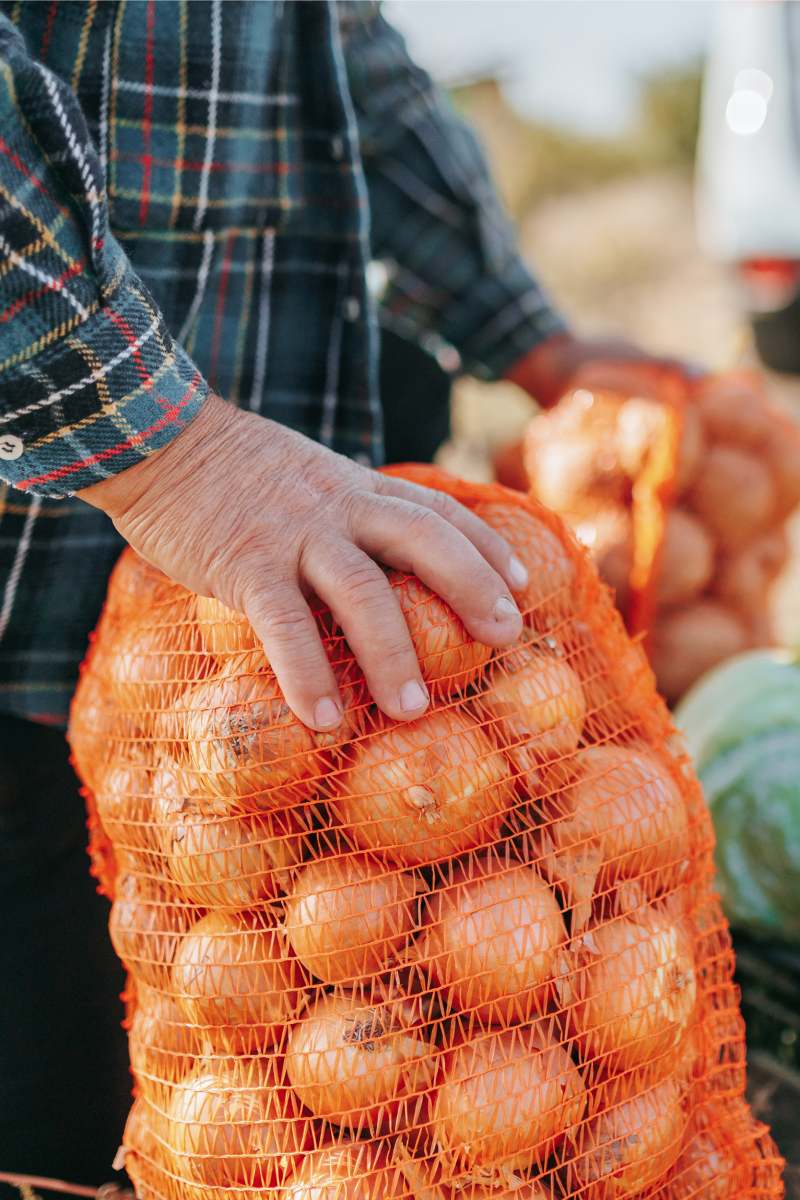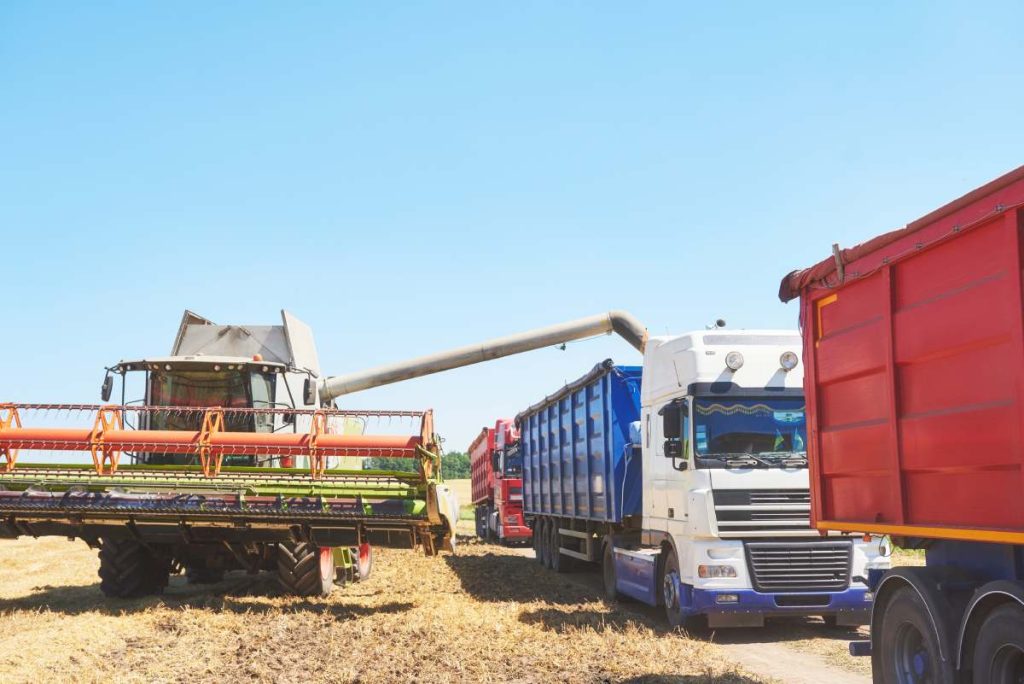in Australia
Loading


Transporting farming goods across Australia can be a daunting task, especially when considering the vast distances and diverse terrains. Whether you’re moving livestock, crops, equipment, or other agricultural products, finding the right transport solution is crucial. That’s where free farming goods transport quotes come into play. They simplify the process, helping farmers and agricultural businesses find the best deals without any upfront costs.
Farming goods transport is crucial for several reasons:
Maintains Freshness: Quick transport keeps perishable goods like fruits, vegetables, and dairy fresh, preventing spoilage.
Expands Market Reach: Efficient transport allows farmers to access broader markets, increasing sales opportunities and profitability.
Boosts Supply Chain Efficiency: Streamlined transport reduces delays and cuts costs, improving overall supply chain operations.
Supports Animal Welfare: Proper transport ensures humane treatment of livestock, meeting welfare regulations and maintaining animal health.
Facilitates Farming Operations: Transporting machinery, equipment, and input supplies supports efficient farming practices.
Economic Benefits: The transport sector creates jobs and stimulates economic growth by enabling farmers to reach more markets.
Reduces Environmental Impact: Efficient transport practices minimize fuel use and emissions, promoting sustainability.
Builds Reliability: Consistent and reliable transport builds trust with consumers and business partners, ensuring a steady supply of products.
Emergency Response: Effective transport is crucial for disaster relief and adapting to sudden changes in demand or market conditions.
In essence, transport is vital for maintaining product quality, market access, and economic efficiency in the farming sector.
Farming goods encompass a broad range of products and materials involved in agricultural operations. These goods are essential for the production, processing, and transportation of agricultural products. Here’s a breakdown of common farming goods:
Interstate farming goods transporters in Australia are specialized companies that handle the transportation of agricultural products across state lines. Given Australia’s vast size and diverse climates, these transporters play a crucial role in ensuring that farming goods reach their destinations efficiently and safely.
Finding free farming goods transport quotes in Australia is an excellent way to save money and ensure your goods reaches its destination safely and efficiently. Remember, the key to successful faring goods transport is careful planning and thorough research.
Upload Your Cargo Today and Get Free Freight Quotes

Interstate farming goods transporters play a vital role in the agricultural supply chain, helping to move products efficiently across Australia’s diverse regions.
Choosing the right transporter and understanding the key aspects of the transport process are essential steps to ensure the safe and timely delivery of your farming goods.
Remember, transparency and clarity in communication with transport providers will help you make informed decisions and ultimately get your cargo safely to its destination.
Timely Delivery: Ensuring fresh produce, livestock, and equipment arrive on time to meet market demand and prevent spoilage.
Market Expansion: Allowing farmers to access larger, interstate markets, increasing sales opportunities and consumer reach.
Maintaining Quality: Using specialized vehicles to preserve the quality of perishable goods and livestock through proper temperature control and ventilation.
Supporting Operations: Transporting essential machinery and equipment, aiding efficient farming operations across different regions.
Economic Growth: Contributing to the economy by creating jobs in logistics and boosting regional trade.
Regulatory Compliance: Adhering to state and federal regulations, including biosecurity and animal welfare standards.
Environmental Impact: Implementing practices to reduce fuel consumption and emissions, promoting sustainability.
Reliability: Building trust with consistent, reliable delivery and handling of goods.
Overall, interstate transporters are crucial for the efficient, reliable, and safe movement of agricultural products, supporting market access, quality, and economic growth.
Using Fillme, a professional transport service, offers numerous benefits:

Local farming goods transporters in Australia focus on the movement of agricultural products within a specific region or locality. These transporters cater to the needs of farmers and agricultural businesses for short-distance deliveries, often within the same state or neighboring areas.
Here’s an overview of local farming goods transporters and what we offer:
Local farming goods transporters are crucial for several reasons:
Timely Delivery: They ensure that agricultural products, such as produce, livestock, and feed, reach their destinations quickly, which is vital for maintaining freshness and meeting demand.
Quality Maintenance: Local transporters help preserve the quality of goods by providing swift delivery, reducing the risk of spoilage or damage.
Support for Farmers: They offer essential services to local farmers, ensuring that their products are transported efficiently and on schedule, especially during busy or peak seasons.
Cost Efficiency: Local transport services often provide cost-effective solutions for short-distance deliveries, helping farmers manage their expenses more effectively.
Flexibility: Local transporters can offer flexible scheduling and adapt to the specific needs of farmers, including urgent or customized delivery requests.
Economic Benefits: They contribute to the local economy by creating jobs and supporting regional trade, keeping resources within the community.
Environmental Impact: Short-distance transport reduces fuel consumption and emissions compared to long-haul journeys, promoting sustainability.
When selecting a local farming goods transporter, consider the following:
After comparing quotes, you’ll see Fillme is the best that meets your needs in terms of cost, service quality, and reliability. Contact us to confirm the details, clarify any questions, and schedule the transportation.

